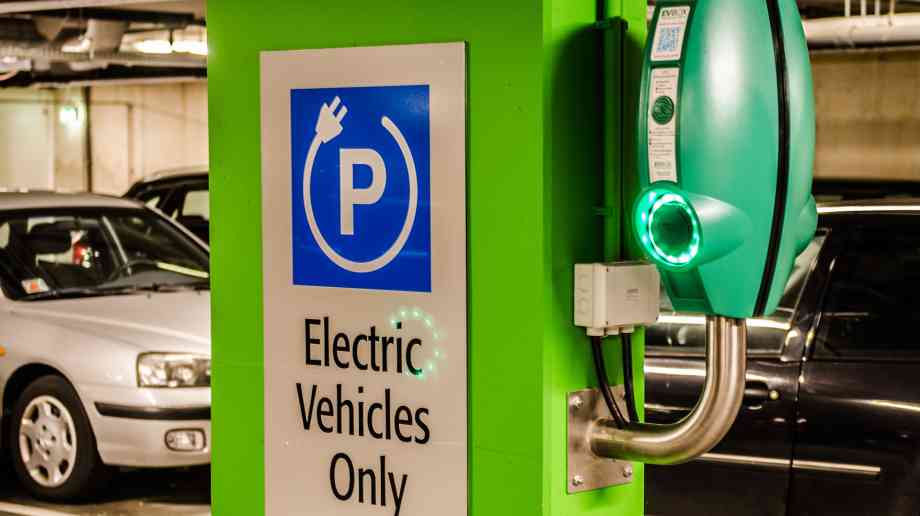Sue Robb of 4Children talks to Julie Laughton and Alison Britton from the Department for Education about the role of childminders in delivering the 30 hours free entitlement.
Geospatial project to support EV chargepoint rollout

A new Geospatial Commission project will explore what electric vehicle chargepoint infrastructure data is needed by local authorities.
Coinciding with the government’s Electric Vehicle Infrastructure Strategy, published by the Department for Transport, the discovery project will explore how location data can be better utilised to support planning and delivery of electric vehicle charge points by local authorities.
The Geospatial Commission discovery project includes workshops with 10 local authorities to identify challenges and opportunities for better use of location data in the rollout of EV chargepoint infrastructure.
Ten local authorities are involved in the project: Oxfordshire County Council; City of York Council; Norfolk County Council; Greater Manchester Combined Authority; West Sussex County Council; Cornwall Council; Kent County Council; Leeds City Council; Wiltshire Council; and Cheshire East Council.
Steve Unger, Commissioner at the Geospatial Commission, said: “Location data will play a key role in planning the UK’s transition to electric vehicles and help make net zero a reality. Through this project, the Geospatial Commission will understand the challenges faced by local authorities who wish to exploit location data. By working together, we will be able to unlock the potential for data-driven innovation in transport.”
Company Focus
Fireco is a one-stop shop for trusted and compliant fire safety solutions! Our comprehensive product range includes smart fire door closers and retainers, notification systems, as well as fire door installation and inspection services. With our cloud-based technology, we offer the convenience of remote monitoring and management of connected devices, ensuring efficient and effective fire safety measures. By choosing Fireco, you can trust that our solutions are tailored to meet complex compliance requirements and provide you with peace of mind.
Event Diary
UKREiiF has quickly become a must-attend in the industry calendar for Government departments and local authorities.
The organisers of the world’s largest dedicated hydrogen event, World Hydrogen 2024 Summit & Exhibition have announced it’s return to Rotterdam in May 2024, with an expansion of a whole extra summit day. Sustainable Energy Council (SEC) are partnering with the Government of the Netherlands, the Province of Zuid-Holland, the City of Rotterdam, and the Port of Rotterdam to host an extended, larger scale Summit in 2024, to expand the event to meet the surging demand.
Supplier Profiles
Geo Energy
At GeoEnergy Design, we're on a mission to disrupt the traditional way heating and cooling ha
Latest Features
Professor Harith Alani, director of the Knowledge Management Institute at the Open University explains how AI can be used for good and bad.
Alex Lawrence, head of health & social care, techUK sets out techUK’s Five Point Plan for CareTech.

















